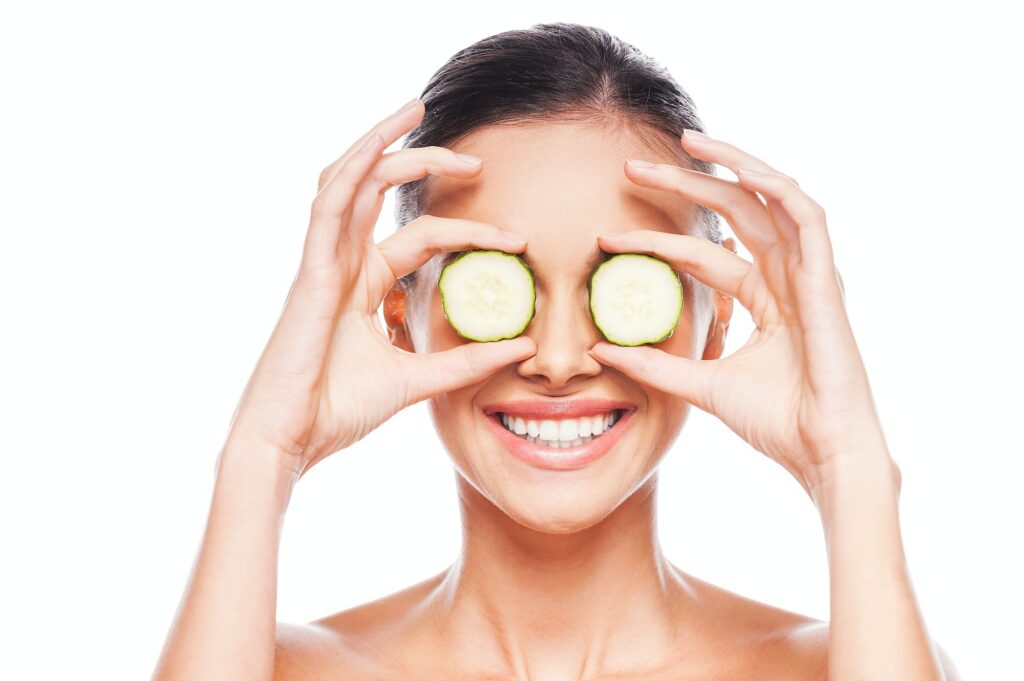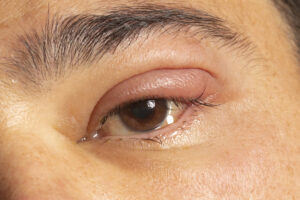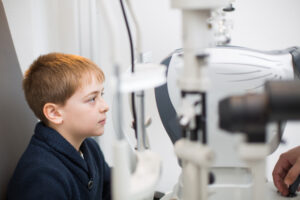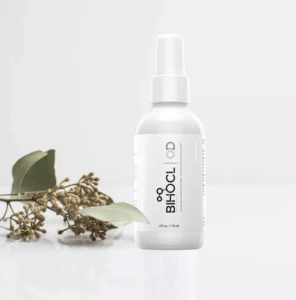People frequently feel that vision loss is unavoidable as a natural consequence of aging or constant eye strain. However, leading a healthy lifestyle can considerably reduce the likelihood of developing issues with one’s eyes, at any age. Here are some foods that are good for your eyes:
Sweet Potatoes
Vitamin A is an essential component of the pigment rhodopsin, which is responsible for converting light into electrical signals which are then perceived by your brain as vision. Vitamin A also helps to preserve the health of the cornea. You’ve likely heard about the vitamin A content of carrots!
Deep orange and deep green produce contain provitamin A carotenoids, one of which is beta carotene. These carotenoids are inactive versions of the vitamin, and are responsible for the produce’s colour and antioxidant qualities.
Spinach & Kale
Lutein and zeaxanthin are two carotenoids that guard the retina, and are found in dark leafy greens like kale and spinach. Lutein and zeaxanthin are responsible for absorbing a significant amount of blue light rays.
This prevents the rays from penetrating the inside of the eye, where they could cause damage to eye cells by inducing free radicals. This, in turn, appears to slow the progression of age-related macular degeneration (changes in vision associated with the aging process) and may even stop the progression of cataracts.
Eggs
Eggs are another excellent source of the carotenoids lutein and zeaxanthin, especially if the hens who laid them are fed nutrient-rich foods, such as flaxseeds, which increase levels of omega-3 in the eggs. Eggs high in omega-3 are called fortified eggs, and they have much larger quantities of lutein and zeaxanthin than other eggs. Eating eggs daily can help enhance levels of lutein and zeaxanthin, which improves and maintains one’s eyesight.
Oysters
Zinc, along with other antioxidants such as selenium, are necessary to activate over 300 enzymes in the body, some of which are in the eyes. Zinc also maintains the structure and stability of proteins in the retina, which helps prevent and reduce vision loss.
In addition to being one of the food sources with the highest zinc concentration, oysters also include other minerals beneficial to eye health, such as selenium, copper, and omega-3 fatty acids.
Almonds
Vitamin E shields cells throughout the body, including those in the eyes, from damage caused by free radicals. The oxidative damage caused by free radicals can occur from pollution, smoking, and injury. However, vitamin E counteracts this damage by neutralizing free radicals.
Almonds are a vital part of a diet for eye health; one ounce of dry-roasted almonds contains 45% of one’s daily requirement for vitamin E. Other foods rich in this nutrient include avocado, peanut butter, sunflower seeds, and hazelnuts.
Fatty Fish
Eating oily fish, such as tuna, trout, mackerel, sardines, and salmon, two or three times per week may provide some relief for dry eyes. Dry eye syndrome is brought on by an insufficient amount of tear production as well as a lack of tear film that covers the eyes.
Tears may appear to be composed only of water, but they also have a mucus and oil component. As such, a deficiency in critical fatty acids may contribute to dry eye symptoms, and the omega-3 fatty acids found in oily fish help improve the integrity of the tear film on the eyes.
Are a healthy diet and supplements not cutting it for your dry eyes? There are several other treatments available.
Conclusion
A varied diet with many fruits, vegetables, and fatty fish is sufficient to ensure that most people obtain all the necessary nutrients for maintaining healthy eyes. People who cannot obtain these nutrients through their diet ought to consult an optometrist regarding the use of eye health supplements. People who follow extremely restrictive diets should consult an eye health practitioner about what foods they should eat.








